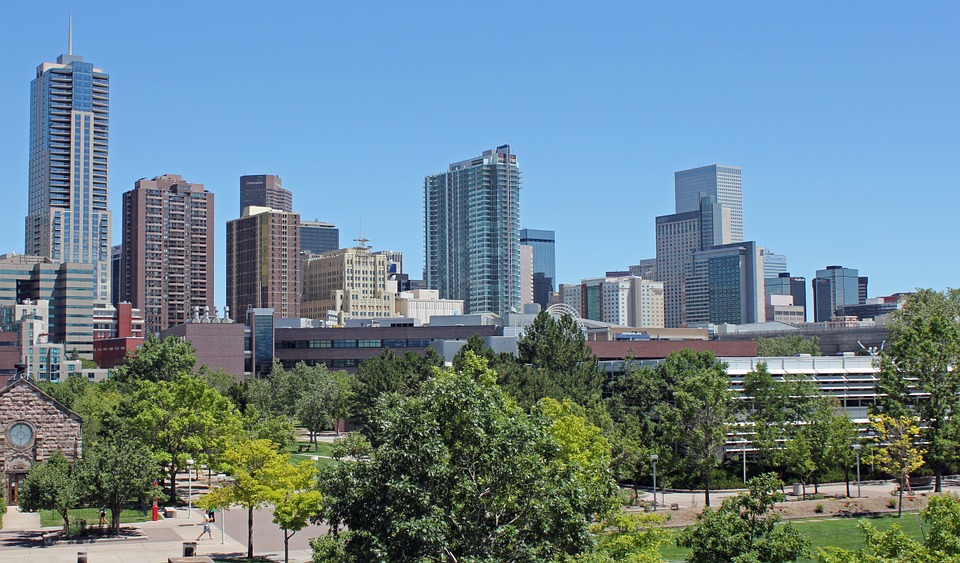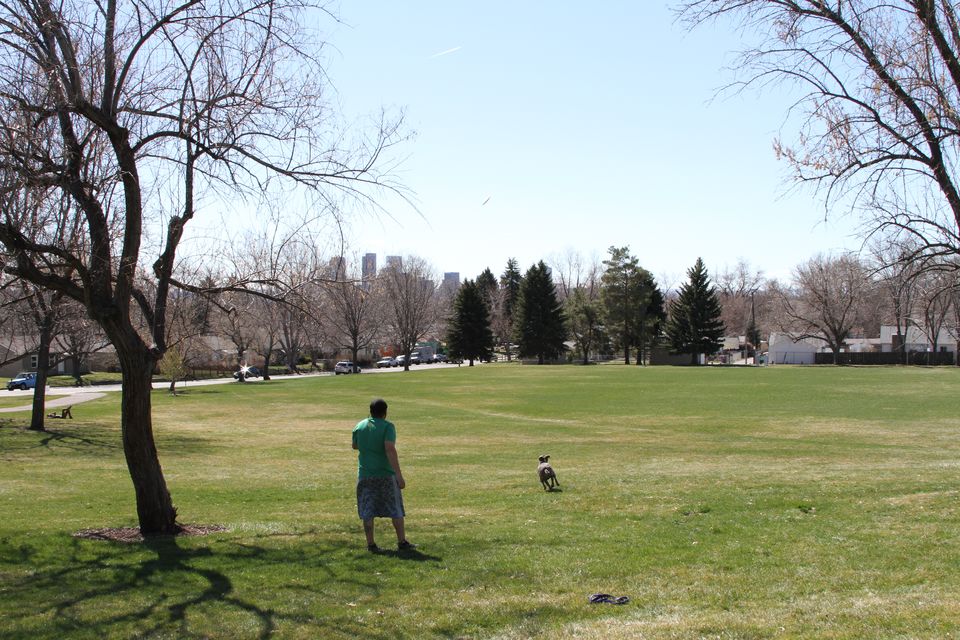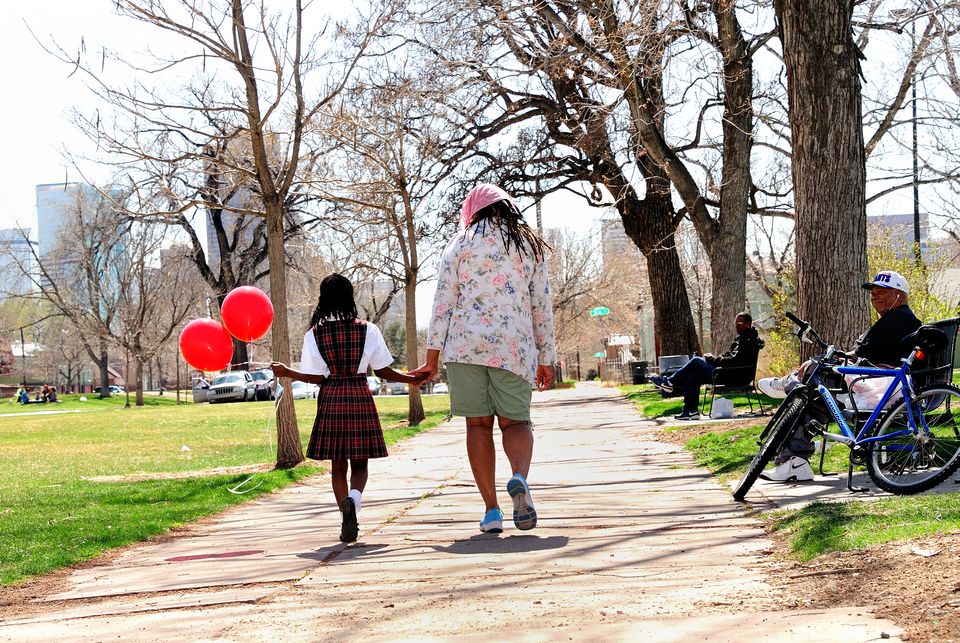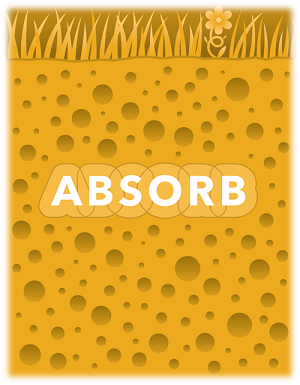
CLIMATE SMART CITIES DENVER
ABOUT
Denver is highly vulnerable to the impacts of a changing climate and is projected to face warmer days, changing snow pack, more intense wildfires, and more intense storms and precipitation events over the next several decades. With a growing economy and a densifying city, strategic action is needed now for Denver to develop equitable and sustainable solutions to expected climate impacts.
The Trust for Public Land’s national Climate-Smart Cities program is providing key planning and decision-making support to help the City and County of Denver take strategic action on climate change through green infrastructure. Together with municipal and community partners, we’re bringing cutting-edge science, Geographic Information Systems (GIS) planning, and innovative design to help prepare the city for a climate-resilient future with a particular emphasis on investments for under-served populations.



Our Climate-Smart Cities process bring together a team of experts to research, design, and build the infrastructure and tools that help increase our resilience to climate change. Our strategy is to:




The Climate-Smart Cities Decision Support Tool is based on best available information. Below are several links to existing planning tools and reports that were used to inform the Climate-Smart Cities Decision Support Tool.
New materials will be added to the site over the coming weeks. Check back for updates and more resources.
Denver Vision Zero
The Denver Vision Zero Action Plan is a five-year plan that sets a clear path to achieve zero traffic deaths by 2030.
Heat Vulnerability in Denver
The report, conducted by the Denver Department of Public Health and Environment, evaluates Denver’s vulnerability to extreme heat in the context of the interconnected socioeconomic, health and environmental conditions that can increase heat vulnerability.
Denver Regional Equity Atlas
Developed by Mile High Connects, the Denver Regional Equity Atlas is a tool to help raise awareness and among a wide range of stakeholders about the benefits and opportunities that a robust public transportation network can create.
CDPHE Community Level Health Estimates
The Colorado Department of Public Health and Environment has developed community-level estimates for a set of important health condition and risk behavior indicators.
VISION
Visual Information System for Identifying Opportunities and Needs: The visualizations in this tool provide data at your fingertips for prioritized chronic disease and behavioral health measures in Colorado.
Metro Denver Nature Alliance
Metro Denver Nature Alliance (MetroDNA) is an emerging alliance of organizations with a compelling vision: Within one generation, the Metro Denver area will be a thriving place for both people and nature.
South Platte Natural Capital Project
The South Platte Watershed Natural Capital Resource Assessment is a collaborative green infrastructure assessment led by the Colorado State Forest Service, with funding from the USDA Forest Service as part of the South Platte River Urban Waters Partnership.
Energize Denver
The Energize Denver Ordinance, enacted in 2016 to reduce Denver’s greenhouse gas emissions to 80 percent below 2005 levels by 2050. With the help of Energize Denver’s Building Energy Performance Map and other technical resources, building owners can benchmark energy usage.
